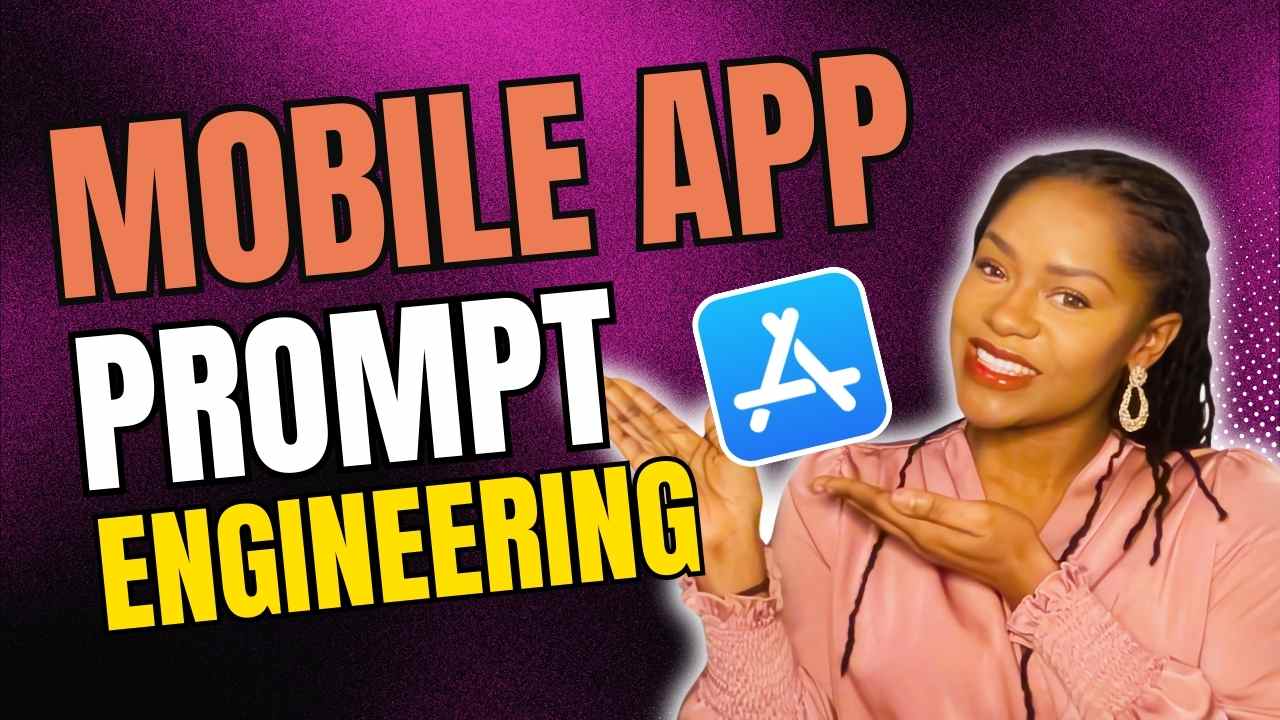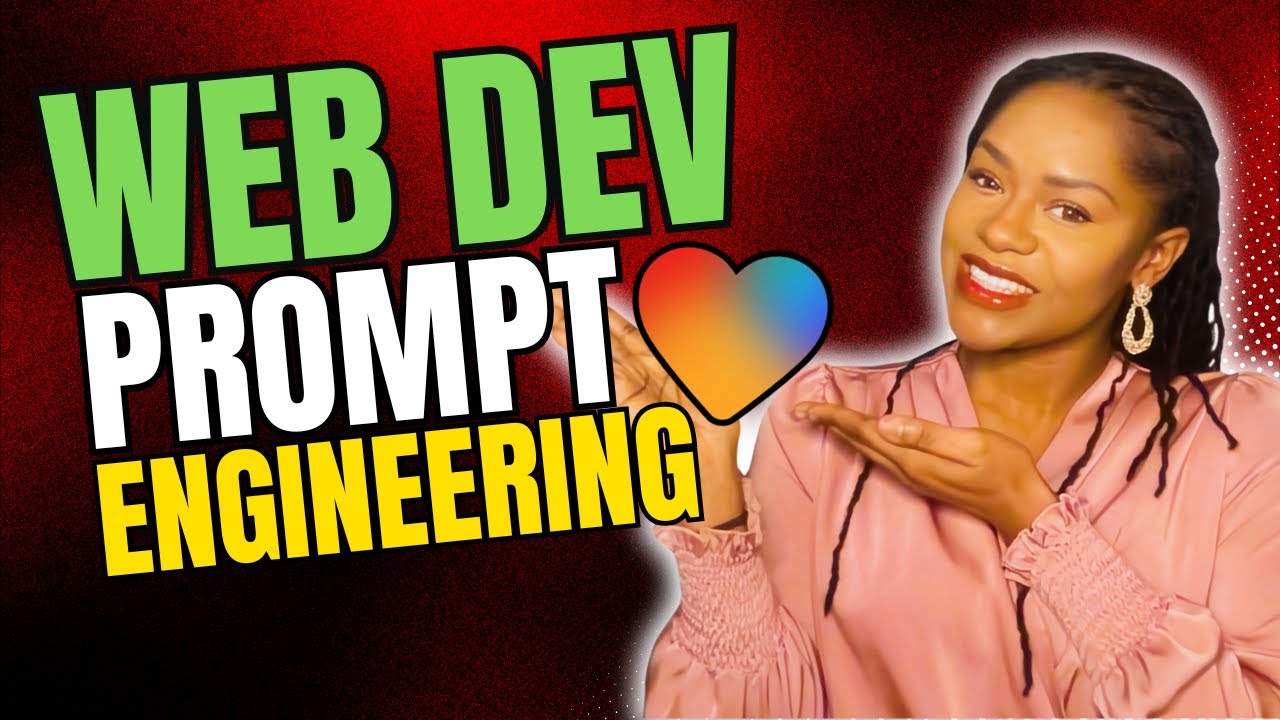AI Game Development in 2025: How Anyone Can Create Games Without Code

AI game development is changing quickly in 2025. New tools like Rosebud AI help people create games without writing code. All they need to do is type their ideas, and the AI does the rest.
Before, developers needed years to learn coding. Lots of people gave up because coding seemed too hard. Rosebud AI solves this problem. It lets anyone build fun games, from easy 2D games to amazing 3D worlds, without needing to know any coding at all.
This opens the door for more creators to join in. Now, more people can make games and share their cool ideas. With Rosebud AI, AI game development is easier, faster, and open to everyone.
How AI Game Development Has Changed
AI game development has come a long way in the last 10 years. Before, making games took a lot of coding skills, art talent, and time. This made it tough for anyone without tech skills to join in. But AI tools are changing that.
Platforms like Rosebud AI, Wrapifai and Softgen now let anyone turn simple words into working game code—no coding needed. This means creators can focus on their ideas instead of getting stuck in tricky code details. Games get made faster, but they're still great quality.
Because of these AI tools, more people can create games than ever before. Teachers, writers, and artists can now build games too, even without coding experience. They bring new ideas and fun stories into the world of gaming. Many game companies now use AI to finish projects faster and offer lots of different game styles.
Every new version makes it easier to design game worlds, create characters, and add cool details. Jobs that used to take large teams months to finish can now be done faster with AI. That means AI game development isn't just popular—it's here to stay.
How Game Developers Feel About AI in 2025
Game developers used to question AI. They weren't sure if it could match human skill. But as AI improves, attitudes are changing. Today, creators see AI as a teammate, not a threat.
AI now handles many tasks developers once did by hand, like writing code or building game worlds. This gives creators more time to dream up new ideas and fine-tune their games. Instead of dealing with complicated technical details, developers can focus on making games fun, exciting, and unique.
This teamwork helps games get made faster without losing quality. AI speeds up the routine parts, while humans bring their imagination, art skills, and special touch. Together, they make games that players enjoy even more.
Game studios using AI say they're finishing projects quicker and trying out more creative styles. Educators, artists, and storytellers who never built games before can now join the industry, adding fresh perspectives and new stories.
As we move through 2025, this partnership between human creativity and AI continues to grow. It makes game development easier, more open, and full of possibilities we've never seen before.
Comparative Analysis: Traditional vs. AI-Powered Game Development
| Development Aspect | Traditional Development | AI-Powered Development | Key Advantage |
|---|---|---|---|
| Technical Barrier | High (requires coding expertise) | Low (accessible through natural language) | Democratization of development |
| Asset Creation Time | Weeks to months | Minutes to hours | Rapid iteration cycles |
| Development Cost | High (requires specialized teams) | Significantly reduced | Accessibility for indie developers |
| Creative Focus | Split between technical and creative | Primarily creative | Enhanced creative freedom |
| Learning Curve | Steep (years of specialized training) | Gentle (days to weeks) | Faster onboarding for new creators |
| Iteration Speed | Slow (days to weeks per change) | Rapid (minutes to hours) | Accelerated experimentation |
How AI Game Development Helps Teachers and Students
AI game development is bringing exciting new ways to teach and learn in classrooms. Teachers and students can now easily create games without needing coding skills or complicated software.
Teachers can quickly build games that explain difficult ideas in science, math, or history. For example, instead of only reading about planets, students can design and explore a virtual solar system. This hands-on learning makes lessons more engaging, helping students remember information better.
Students benefit too. Creating their own games allows them to show what they understand about a subject while gaining useful skills in planning, teamwork, and problem-solving. AI-powered game creation also helps students who might usually feel left out of technology activities. Because the tools are easy to use, everyone has a chance to be creative and confident.
| Development Aspect | Traditional Development | AI-Powered Development | Key Advantage |
|---|---|---|---|
| Technical Barrier | High (requires coding expertise) | Low (accessible through natural language) | Easier access for teachers and students |
| Asset Creation Time | Weeks to months | Minutes to hours | Quick creation for class projects |
| Development Cost | High (requires specialized tools) | Significantly reduced | Affordable for schools |
| Creative Focus | Split between technical and creative tasks | Mainly creative | More time for teaching and learning |
| Learning Curve | Steep (years of training) | Gentle (days to weeks) | Students quickly build confidence |
| Iteration Speed | Slow (days to weeks per change) | Rapid (minutes to hours) | Students easily improve projects |
AI game development is making education more creative, accessible, and engaging for everyone involved. Teachers spend less time struggling with technology, and students gain important skills through fun and meaningful experiences.
Meet Rosebud AI: Changing AI Game Development
Rosebud AI makes it easy to build games just by typing your ideas. Founded in 2019 and supported by Y Combinator, Rosebud calls itself the "AI Roblox" because it helps creators quickly build and share their own game worlds. On Rosebud, anyone can create games without typing a single line of code. You simply talk or write to an AI helper named Rosie, who then turns your words into a playable game.
Behind the scenes, Rosebud uses smart AI technology to understand exactly what kind of game you want. When you describe your idea, Rosie figures out important details like the game's type, how it looks, and how characters should act. Then it instantly creates the code for you. This means you can try out new ideas and quickly see what works best, instead of spending lots of time writing code and testing it.
Since starting out, Rosebud AI has grown into a strong tool used by many different types of creators. Its team of engineers, researchers, and artists are always adding new features to make Rosie even smarter and easier to use. With each update, the platform gets better at understanding game design and helps users build even more creative games.
My 9-year-old son, who loves Minecraft, Roblox, and Tynker, recently discovered Rosebud AI. I was ecstatic because I'd already started teaching him prompt engineering, and this platform made him learn even faster. Watching him type prompts, figure out how to communicate clearly with the AI, and then build his own game worlds and assets has been amazing.
Rosebud AI keeps improving because it listens closely to its community. This helps make sure the platform always meets the needs of developers—and even young creators—as they explore new ways to create games using AI.
Featured Guides


AI Game Development Prompt Engineering Guide
Learn how to create engaging games without code using AI tools like Rosebud AI. Master prompt engineering techniques for building interactive game experiences.
Ready to transform your business?